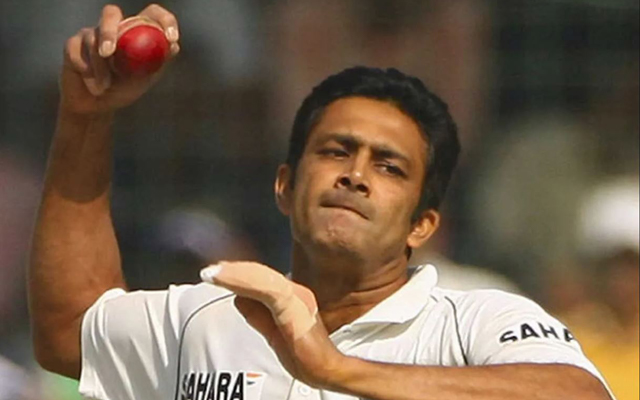The annals of Indian Test cricket are adorned with illustrious names like Kapil Dev, Sourav Ganguly, and the indomitable Virat Kohli. However, the journey of Indian cricket has also been punctuated by captains whose reigns, while not defined by resounding success, have nevertheless contributed to the evolution of the team. This article delves into the careers of five such captains, exploring their unique challenges and the legacies they left behind.
1. Mansoor Ali Khan Pataudi (1961-1975)
- Matches Won: 9
- Matches Played: 40
- Win Percentage: 22.50%
Often hailed as the “Tiger of India,” Pataudi’s captaincy was a testament to his indomitable spirit. Assuming the mantle at the tender age of 21, he led India in 40 Tests, a remarkable feat considering his debilitating eye injury.
While his win-loss record might not be the most impressive, Pataudi’s leadership instilled a sense of belief and self-respect in a team that was still finding its feet on the world stage. He championed attacking cricket and fostered a fearless approach, laying the foundation for future generations of Indian captains.
2. Ajit Wadekar (1971-1974)
- Matches Won: 11
- Matches Played: 14
- Win Percentage: 78.57%
Wadekar’s captaincy is synonymous with India’s historic triumphs in the West Indies (1971) and England (1971). His astute tactical acumen and ability to inspire his troops were instrumental in these groundbreaking victories. While his overall win percentage might not be as high as some of his successors, considering the limited number of Tests he captained, Wadekar’s impact on Indian cricket cannot be overstated. He instilled a sense of self-belief in a team that had long been overshadowed by the West Indies and England, paving the way for future successes.
3. Sunil Gavaskar (1983)
- Matches Won: 0
- Matches Played: 4
- Win Percentage: 0%
The legendary batsman’s brief stint as captain in 1983 is often overshadowed by his remarkable batting feats. However, Gavaskar’s leadership during that period was crucial in fostering a team spirit that culminated in India’s historic World Cup triumph later that year. While his Test captaincy record might not be as illustrious, Gavaskar’s influence on the team’s morale and camaraderie cannot be underestimated.
4. Mohammad Azharuddin (1990-1999)
- Matches Won: 14
- Matches Played: 47
- Win Percentage: 29.79%
Azharuddin’s captaincy spanned a decade, during which he led India in 47 Tests. While his tenure was marred by controversies, he also oversaw some memorable victories, including a series win against Australia in 1998. Azharuddin’s aggressive batting style and penchant for attacking fields inspired a generation of Indian cricketers. Despite the controversies that overshadowed his career, he remains one of the most successful captains in terms of the number of Tests won.
5. Anil Kumble (2007-2008)
- Matches Won: 4
- Matches Played: 14
- Win Percentage: 28.57%
Kumble’s captaincy, though brief, was marked by his unwavering determination and tactical acumen. He led India to a historic Test series win in Australia in 2007-08, a feat that had eluded the team for over three decades. Kumble’s leadership was instrumental in inspiring the team to overcome adversity and achieve a remarkable turnaround. While his captaincy stint was cut short due to injury, he left an indelible mark on Indian cricket with his tactical brilliance and unwavering spirit.
The journey of Indian Test cricket has been a tapestry woven with threads of triumph and adversity. While the captains mentioned above might not have achieved the same level of success as some of their illustrious predecessors, their contributions to the evolution of Indian cricket are undeniable.
They faced unique challenges, overcame adversity, and inspired generations of cricketers. Their legacies, though often overshadowed by more successful captains, remain an integral part of the rich history of Indian Test cricket.
Get the latest cricket news here, like us on Facebook, and follow us on Twitter and Instagram for more such updates.

